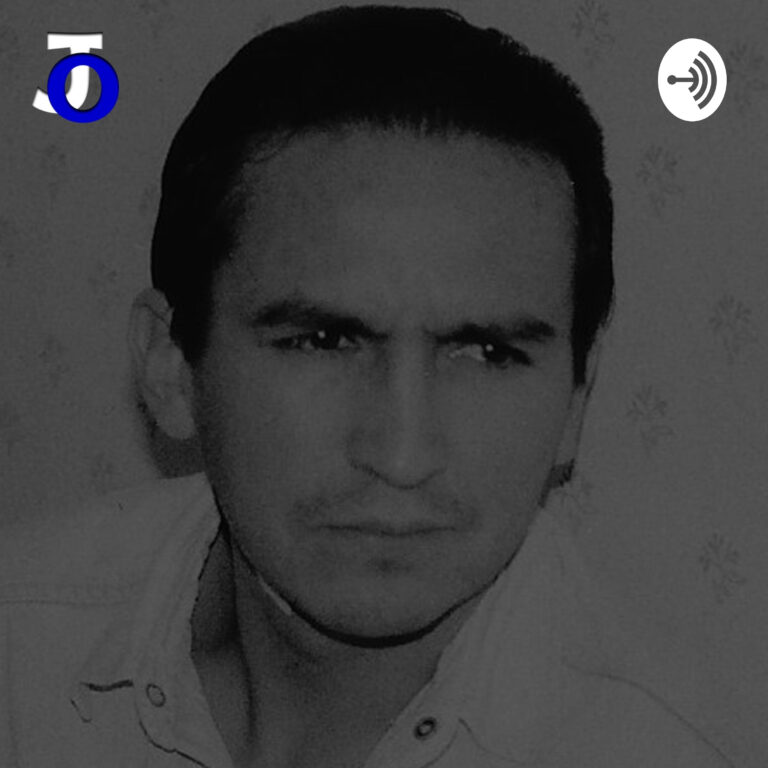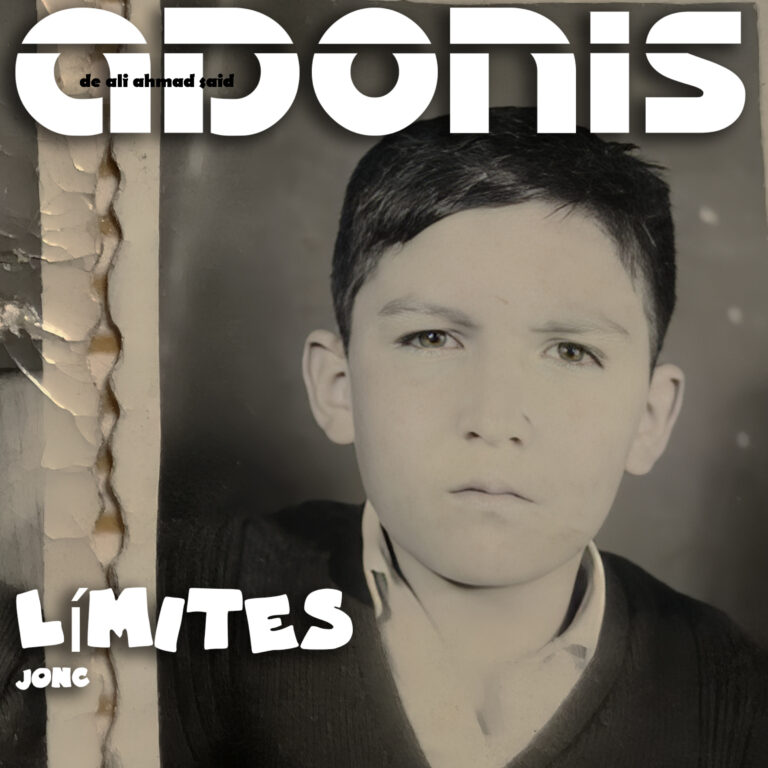Thanks to his grandfather’s extensive library, Paz came into early contact with literature. Like his grandfather, his father was also an active political journalist who, together with other progressive intellectuals, joined the agrarian uprisings led by Emiliano Zapata.
Paz began to write at an early age, and in 1937, he travelled to Valencia, Spain, to participate in the Second International Congress of Anti-Fascist Writers. Upon his return to Mexico in 1938, he became one of the founders of the journal, Taller (Workshop), a magazine which signaled the emergence of a new generation of writers in Mexico as well as a new literary sensibility. In 1943, he travelled to the USA on a Guggenheim Fellowship where he became immersed in Anglo-American Modernist poetry; two years later, he entered the Mexican diplomatic service and was sent to France, where he wrote his fundamental study of Mexican identity, The Labyrinth of Solitude, and actively participated (together with Andre Breton and Benjamin Peret) in various activities and publications organized by the surrealists. In 1962, Paz was appointed Mexican ambassador to India: an important moment in both the poet’s life and work, as witnessed in various books written during his stay there, especially, The Grammarian Monkey and East Slope . In 1968, however, he resigned from the diplomatic service in protest against the government’s bloodstained supression of the student demonstrations in Tlatelolco during the Olympic Games in Mexico. Since then, Paz has continued his work as an editor and publisher, having founded two important magazines dedicated to the arts and politics: Plural (1971-1976) and Vuelta, which he has been publishing since 1976. In 1980, he was named honorary doctor at Harvard. Recent prizes include the Cervantes award in 1981 – the most important award in the Spanish-speaking world – and the prestigious American Neustadt Prize in 1982.
Paz is a poet and an essayist. His poetic corpus is nourished by the belief that poetry constitutes “the secret religion of the modern age.” Eliot Weinberger has written that, for Paz, “the revolution of the word is the revolution of the world, and that both cannot exist without the revolution of the body: life as art, a return to the mythic lost unity of thought and body, man and nature, I and the other.” His is a poetry written within the perpetual motion and transparencies of the eternal present tense. Paz’s poetry has been collected in Poemas 1935-1975 (1981) and Collected Poems, 1957-1987 (1987). A remarkable prose stylist, Paz has written a prolific body of essays, including several book-length studies, in poetics, literary and art criticism, as well as on Mexican history, politics and culture. (källa: http://www.nobelprize.org)
Paz in English
Poetry
Lloyd Mallan, “A little Anthology of Young Mexican Poets,” in New Directions 9 , (1947) (first translation of Paz’s poetry in English).
Sun Stone , trans. Muriel Rukeyser. London & N.Y.: New Directions, 1962.
Sun Stone , trans. Peter Miller. Toronto: Contact Press, 1963.
Selected Poems , trans. Muriel Rukeyser. Bloomington: Indiana University Press, 1963.
Piedra de Sol: The Sun Stone , trans. Donald Gardner. York, England: Cosmos Publications, 1969.
Aguila o sol? Eagle or Sun? , trans. Eliot Weinberger. N.Y.: October House, 1970.
Configurations , various translators. N.Y.: New Directions, and London: Cape, 1971.
Renga: A Chain of Poems , trans. Charles Tomlinson. N.Y.: George Braziller, 1972 (collaborative poem written with Tomlinson, Jacques Roubaud, & Edoardo Sanguineti).
Early Poems: 1935-1955 , various translators. N.Y.: New Directions, 1973, and Bloomington: Indiana University Press, 1974.
3 Notations/Rotations . Cambridge, Mass.: Carpenter Center for the Visual Arts, Harvard University, 1974 (limited edition with graphic designs by Toshihiro Katayama).
Blanco , trans. Eliot Weinberger. N.Y.: The Press, 1974 (limited edition with “illuminations” by Adja Yunkers).
Eagle or Sun? , trans. Eliot Weinberger, N.Y.: New Directions, 1976 (new version).
A Draft of Shadows and Other Poems , ed. & trans. Eliot Weinberger, N.Y.: New Directions, 1979 (additional translations by Mark Strand & Elizabeth Bishop).
Selected Poems , ed. Charles Tomlinson, Middlesex, England: Penguin Books, 1979 (various translators).
Airborn/Hijos del Aire , trans. Charles Tomlinson. London: Anvil Press, 1981 (collaborative poem written with Tomlinson).
The Monkey Crammarian , trans. Helen Lane. N.Y.: Seaver Books, 1981.
Obsidian Butterfly , trans. Eliot Weinberger. Barcelona: Ediciones Poligrafa, 1983 (limited edition, with artwork by Brian Nissen).
Selected Poems , ed. Eliot Weinberger. N.Y.: New Directions, 1984 (various translators).
The Four Poplars , trans. Eliot Weinberger. N.Y.: The Red Ozier Press, 1985 (limited edition with woodblock by Antonio Frasconi).
Homage and Desecrations , trans. Eliot Weinberger. N.Y.: The Red Ozier Press, 1987 (limited edition with artwork by Richard Mock).
Prose
The Labyrinth of Solitude , trans. Lysander Kemp. N.Y.: Grove Press, 1961.
Marcel Duchamp, or the Castle of Purity , trans. Donald Gardner. London: Cape Goliard, and N.Y.: Grossman, 1970.
Claude Lévi-Strauss: An Introduction , trans. J.S. Bernstein & Maxine Bernstein. Ithaca: Cornell University Press, 1970.
The Other Mexico: Critique of the Pyramid , trans. Lysander Kemp. N.Y.: Grove Press, 1972.
Alternating Current , trans. Helen Lane. N.Y.: Viking Press, 1973.
The Bow and the Lyre , trans. Ruth L.C. Simms. Austin: University of Texas Press, 1973.
Children of the Mire: Poetry from Romanticism to the Avant-Garde , trans. Rachel Phillips. Cambridge, Mass.: Harvard University Press, 1974.
Conjunctions and Disjunctions , trans. Helen Lane. N.Y.: Viking Press, 1974.
The Siren and the Seashell, and Other Essays on Poets and Poetry , trans. Lysander Kemp & Margaret Seyers Peden. Austin: University of Texas Press, 1976.
Marcel Duchamp: Appearance Stripped Bare , trans. Rachel Phillips & Donald Gardner. N.Y.: Viking Press. 1978.
The Labyrinth of Solitude , trans. Lysander Kemp, Yara Milos, & Rachel Phillips Belash. N.Y.: Grove Press, 1985 (expanded edition containing other works).
One Earth, Four or Five Worlds: Reflections on Contemporary History , trans. Helen Lane. N.Y.: Harcourt Brace Jovanovich, 1985.
On Poets and Others , trans. Michael Schmidt. N.Y.: Seaver Books, 1986.
Convergences: Selected Essays on Art and Literature , trans. Helen Lane. N.Y.: Harcourt Brace Jovanovich, 1987.
Anthologies, critical studies, interviews
An Anthology of Mexican Poetry , ed. Octavio Paz, trans. Samuel Beckett. Bloomington: Indiana University Press, 1958.
New Poetry of Mexico , selected by Paz, Ali Chumacero, José Emilio Pacheco & Hormero Aridjis, bilingual edition edited by Mark Strand. N.Y.: E.P. Dutton, 1970 (various translators).
Rachel Phillips, The Poetic Modes of Octavio Paz . London: Oxford University Press, 1972.
Rita Guibert, Seven Voices , trans. Frances Partridge. N.Y.: Alfred Knopf, 1973 (contains most extensive interview with Paz available in English).
The Perpetual Present: The Poetry and Prose of Octavio Paz , ed. Ivar Ivask, Norman. University of Oklahoma Press, 1973.
Jason Wilson, Octavio Paz: A Study of His Poetics . Cambridge, England: Cambridge University Press, 1979.
Octavio Paz: Homage to the Poet , ed. Kosrof Chantikian. San Francisco: Kosmos Editions, 1980 (contains a complete translation by Harry Haskell of the Play, Rappaccini’s Daughter ).
John M. Fein, Torward Octavio Paz: A Reading of His Major Poems, 1957-1976 . Lexington: The University Press of Kentucky, 1986.
From Les Prix Nobel . The Nobel Prizes 1990 , Editor Tore Frängsmyr, [Nobel Foundation], Stockholm, 1991.


